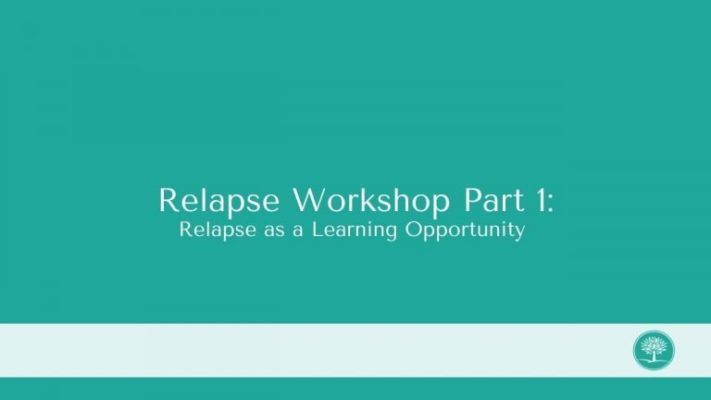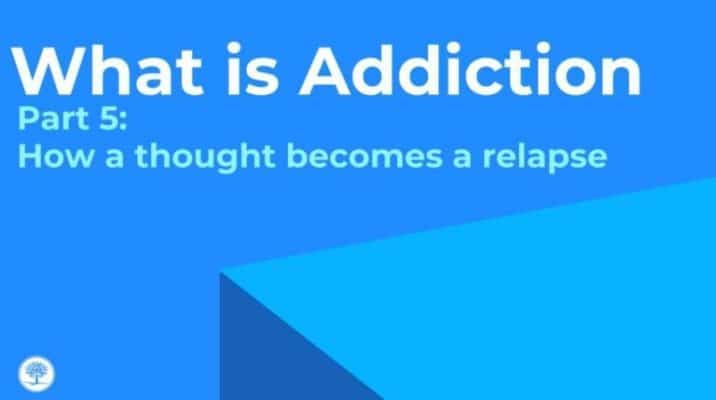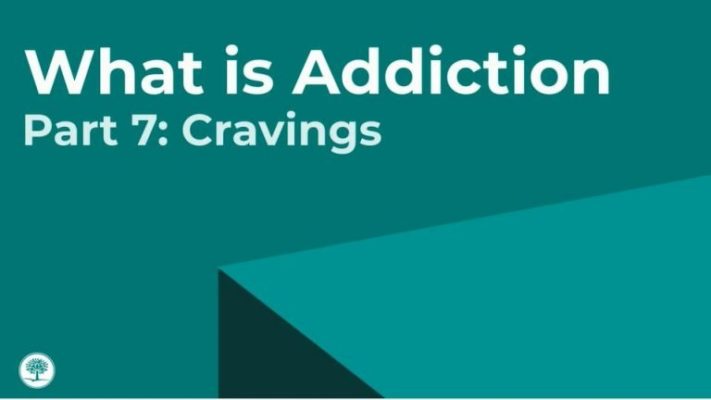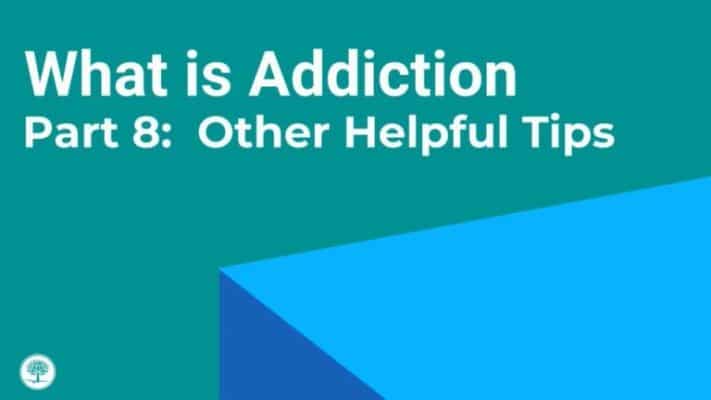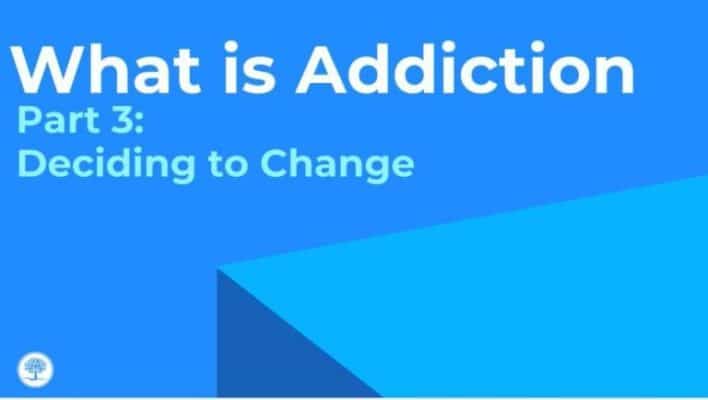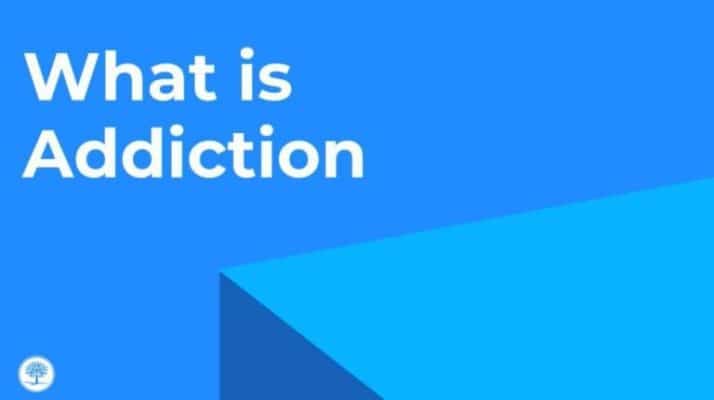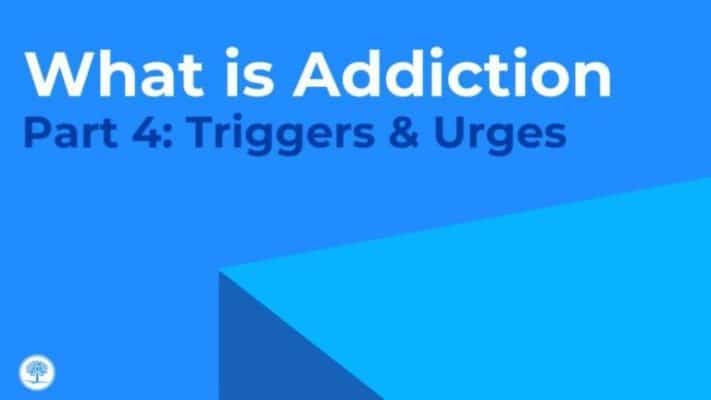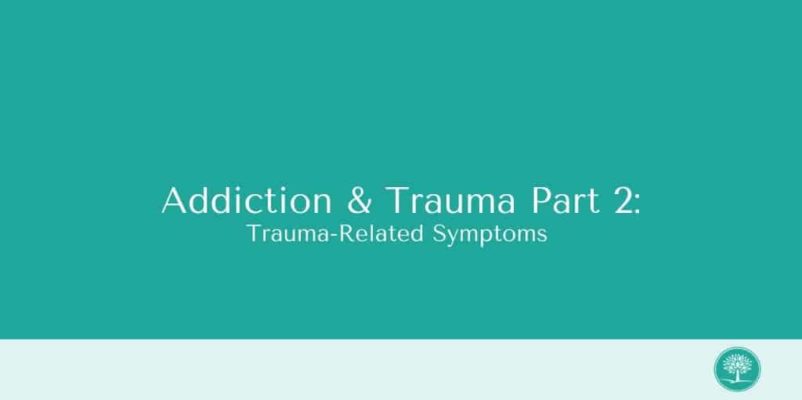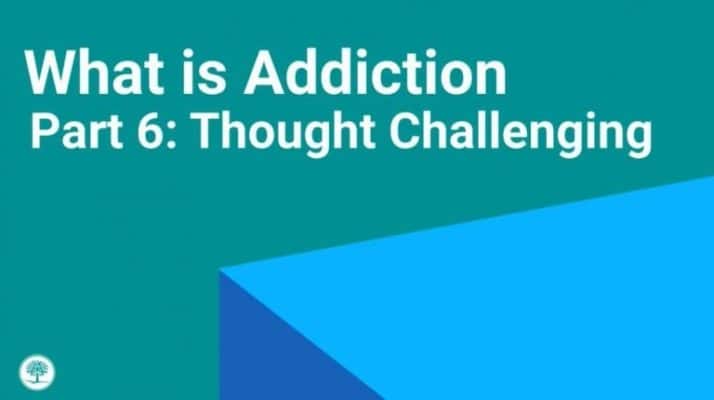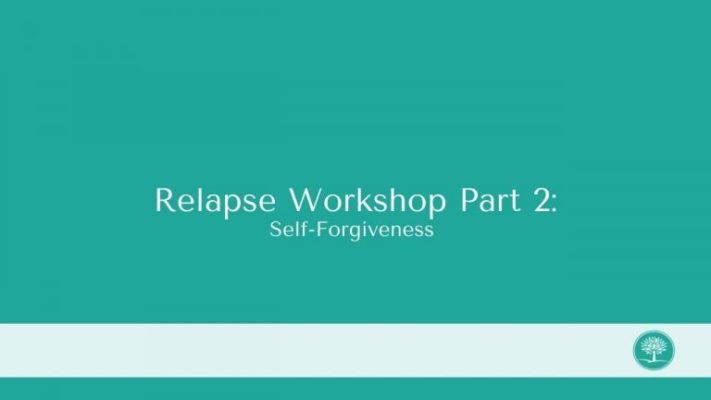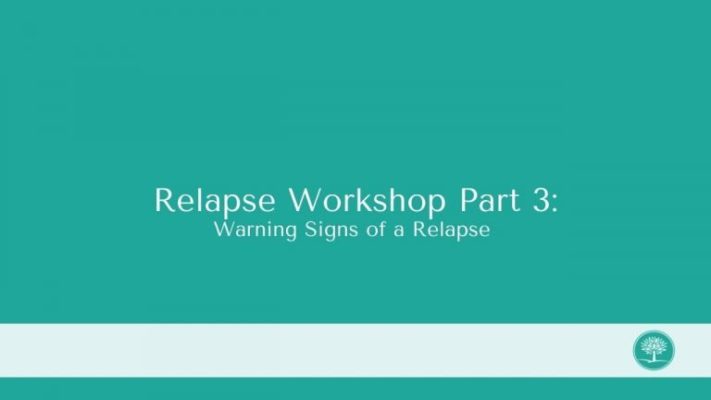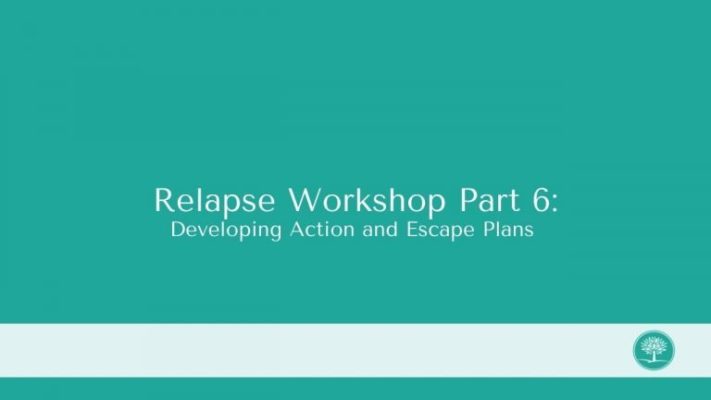Relapse is common in recovery. If it happens, treat relapse as a learning opportunity: analyze what happened and how you can prevent that scenario going forward.
Videos Resources for Addiction, Recovery and Mental Health
To provide a full spectrum of resources for those living with addiction or mental health conditions and their loved ones, The Recovery Village created several video series about addiction, co-occurring disorders and recovery.
Your thoughts and patterns of thinking can stem from triggers and may lead to relapse. Learning to identify these thoughts is an important part of relapse prevention.
Triggers and cravings are a process. Learning how to break down that process can keep cravings from being an automatic response.
It’s important to identify things that bring you joy as part of your recovery. These are things that make you feel emotionally and physically healthy and vibrant.
Changing your behavior is a process. Find the motivation to change by looking at how your substance use is affecting your life and how this change may benefit you.
There are warning signs that you could be struggling with substance misuse or addiction. Asking yourself these questions can help if you think you could have a problem.
Cravings and triggers are a normal part of addiction and sobriety. Understanding how cravings work and how to identify triggers in your life can help you in recovery.
Trauma-related symptoms are often hard to identify, but this is a valuable skill for recovery. These symptoms can be physical, psychological, behavioral or emotional.
So much of what you learn in addiction treatment and recovery is about shifting your mindset. This includes recognizing your thoughts and “putting them on trial.”
A relapse is something that can lead you to spiral into negative thinking. Learn how to forgive yourself and move past those thoughts.
Most people experience warning signs leading up to a relapse. Learning how to identify them can help you self-correct if you feel them happening.
When you’re in recovery, you may find yourself in a high-risk relapse situation. Thinking about an exit strategy ahead of time can help you steer clear.
